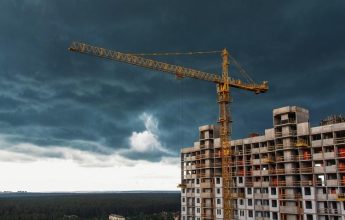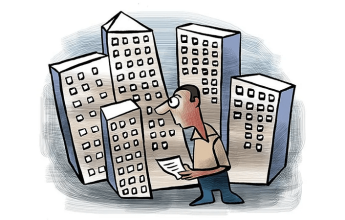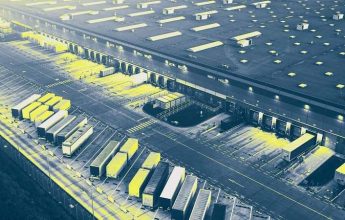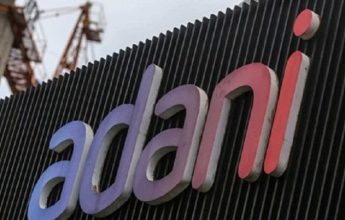Ms. Gautami alleged that two men, who had facilitated of Chennai the sale of a property for her in 2015, misappropriated a major chunk of the money

Ms. Gautami alleged that two men, who had facilitated of Chennai the sale of a property for her in 2015, misappropriated a major chunk of the money
The Delhi-NCR, which includes Delhi, Gurugram, Faridabad, Ghaziabad, and Gautam Buddh Nagar, was ordered to stop non-essential construction activities, stone crushing, and mining earlier on Thursday after the Center’s pollution control panel invoked GRAP-III.
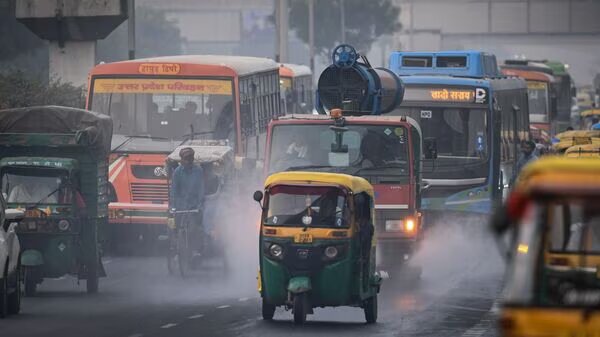
The government was extended assistance by the association of real estate developers, Naredco, on Friday following the suspension of non-essential building work in Delhi. According to a PTI report, the group has voiced worries regarding delays in project completion. Members of the builders’ group, Credai, were instructed to implement anti-pollution measures at their locations in the meantime.
Real estate developers are actively taking action to stop the threat, according to Naredco National President G Hari Babu, who also stated that the government has the support of the community in this struggle.
“However, we must acknowledge that a one-month construction halt causes a minimum three-month delay in the project’s completion. Furthermore, it affects livelihoods. The implications are enormous because the industry employs a significant number of unskilled workers nationwide, according to PTI’s statement of Babu.
“Further, the developers also have obligations to financial institutions and their customers for timely delivery, which, in case of delay, leads to an extra monetary burden on the real estate companies,” he stated.
“Also, all RERA-approved projects are mandated to strictly observe pollution-control measures and, therefore, should be brought under essential projects under public interest, and exemption from GRAP (Graded Response Action Plan) should be considered,” he stated.
Addressing these challenges in the context of sustainable growth and environmental preservation is critical, according to Babu, who noted that both parties’ concerns should be taken into account in the “larger national interest.”
CREDAI advisory:
According to Manoj Gaur, President of Credai’s NCR chapter, the organization instructed all of its member developers to follow the rules set forth by the Central Pollution Control Board and the NGT by implementing measures like water sprinkling and green net covering.
“During the GRAP phase, we want the developers to adhere to the criteria established by several government authorities. In addition, traffic pollution and roadside dust require management and control as the primary sources of pollution, according to Gaur.
GRAP-III invoked:
Earlier on Thursday, the Delhi-NCR, which includes Delhi, Gurugram, Faridabad, Ghaziabad, and Gautam Buddh Nagar, saw the cessation of non-essential construction work, stone crushing, and mining after the Center’s pollution control panel invoked the GRAP-III.
However, it excluded projects pertaining to national security or defense-related activities or projects of national importance, hospitals or healthcare facilities, railway services or stations, metro rail services and stations, airports, and interstate bus terminals.
In addition, the ban has been lifted for linear public projects like roads, flyovers, bridges, pipelines, power transmission and distribution, and highways; sanitation projects like water supply and sewage treatment plants; and ancillary activities that are unique to and enhance the aforementioned project categories.
CAQM states that some non-dust-producing and non-polluting operations can continue during GRAP III. These include electrical, plumbing, carpentry-related, and interior furnishing, finishing, and decorating (but not painting, polishing, or varnishing).


